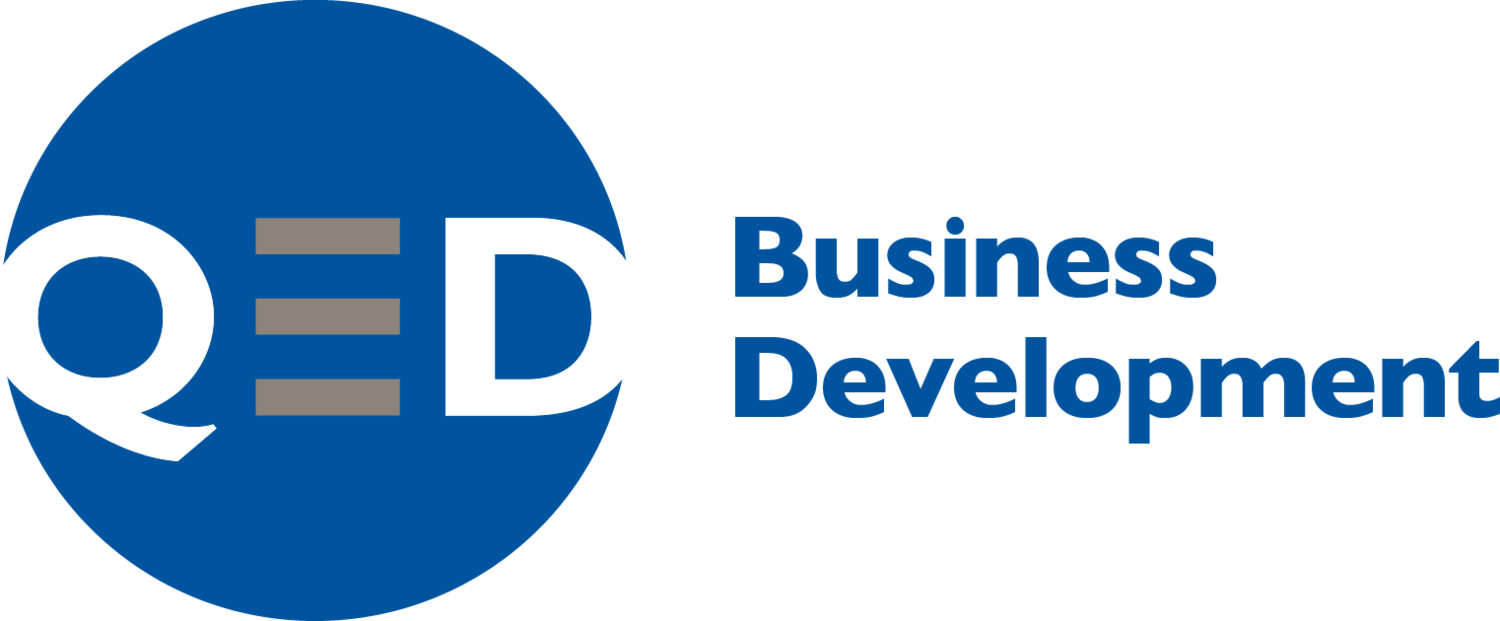As you contemplate your summer holidays (perhaps jumping on a plane to go somewhere exciting), when the crew say, “Please take notice of your nearest emergency exit, because all planes are not the same” – do you ever really take notice? Have you ever had to 'assume the brace position'? Do you know what that is? Or do you know that an emergency exit will be nearby in the unlikely event of a problem and trust you’ll be able to get there in time and in good health?
It’s the same with dealing with unknown or unanticipated objections.Many people are caught unprepared, or in the vernacular of this post, crash and burn, at the hint of an objection.
The best business developers I’ve seen don’t ‘wing it’. When you examine them closely, they are always thinking about how to progress things in a professional way, and have strong thoughts about what a client might need, in advance of being asked the tough question. They’re hardly every flummoxed in a meeting, having anticipated any client concerns.
So let’s take a leaf out of that notebook. If you know what to do in an emergency – you can deal with anything. So what are the questions you should anticipate?
Price – every client wants to understand how much a solution will cost them. Have an answer and a reason.
Expertise – as a client, if I’m going to pay for a solution, I want to know I’m hiring an expert. Have a story that exemplifies this.
Experience – not only do I want to know you have the expertise, I also want to know you’ve done it for others before. In psychological circles, this is called ‘social proof’. Have a good news story from another project similar to the one being contemplated to put the client at ease.
Team / process – most clients want to know you have a quality team behind you and a process they all understand to get the job done. Know the answers to both these questions.
Today's BD tip:
And the two biggest reasons a client will have NOT to use you are:
Incumbent – nearly every client you might meet already has an ‘assumed’ incumbent, someone they would normally go to. So anticipate this and be able to articulate your ‘why me’ response.
Need – some clients just don’t see the need for your services, at least not now. So how are you going to stay relevant in the interim? Perhaps this would be by introducing one of your colleagues. Perhaps it would be by introducing them to one of your existing clients in the industry to share their story. Perhaps it’s by understanding their buying cycle and knowing when to re-engage. Find out their needs now and meet them until you get the emergency call to help in a bigger way.
Assuming this 'brace' position won't save your life, but it could save your meeting.
[First published on LinkedIn in Nov 15 under the title 'Are you ready to assume the brace position?']

